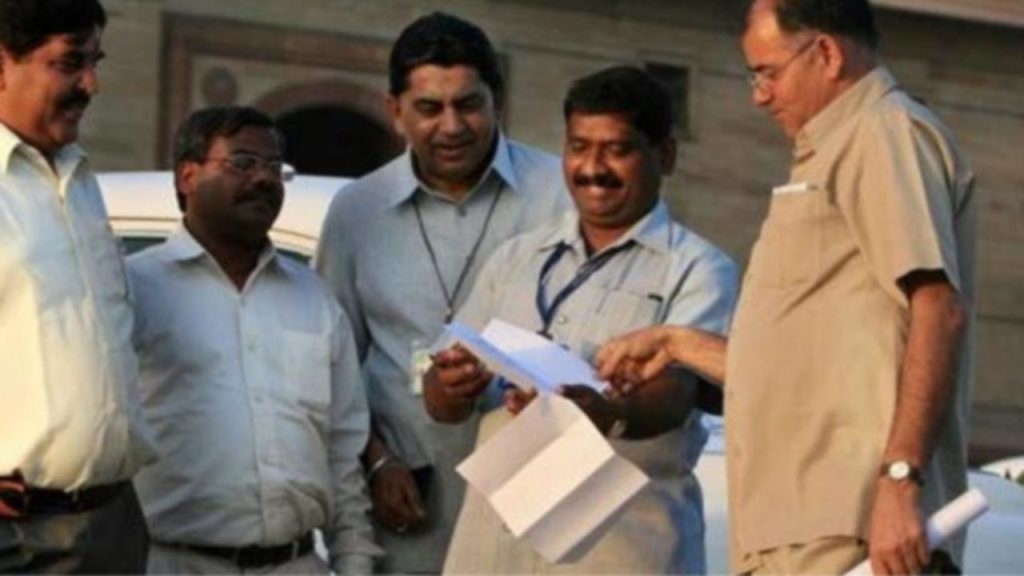VPNs, 3rd Party Cloud Banned For All Govt Employees: Here’s The Reason Why? (Everything You Need To Know..)

Some virtual private network (VPN) service providers have announced that they will remove servers from India.
They include Surfshark and ExpressVPN and NordVPN.
The reason behind the move comes from India’s cyber agency Computer Emergency Response Team (CERT-In) which issued directives pertaining to VPNs.
Contents
What does government’s new VPN rules say
The norms have to do with enhancing cybersecurity.
Data centers and cloud service providers have been asked to store information such as names, email IDs, contact numbers, and IP addresses (among other things) of their customers for a period of five years.
Who all do the new VPN rules apply to and not
The new norms apply to “all service providers, intermediaries, data centers, body corporate and government organizations”.
However the rules of maintaining customer logs would apply only for individual VPN customers and not to enterprise or corporate VPNs.
What VPN service providers say about closing India servers
NordVPN said that it adheres to strict privacy policies.
Hence it does not collect or store customer data.
No-logging features are embedded in its server architecture and are at the “core of [its] principles and standards.”
Further, it is committed to protecting the privacy of its customers.
Therefore, it can no longer keep servers in India.
ExpressVPN called the norms incompatible with the purpose of VPNs, which are designed to keep users’ online activity private.
Are VPNs banned in India
The new rules do not make using VPNs illegal in India.
The government has introduced some restrictions for users and more compliance rules for VPN companies in order to fight cybercrime and “in the interest of national security.”
How will the new rules affect VPN users in India
Indian users may face a strict KYC verification process when signing up for a VPN service.
They may have to state their reason for using it.
There is always a risk of users’ privacy data exposed to the government.
Does this mean that these VPN service providers will not serve users in India
There’s no clarity on this yet.
ExpressVPN said that its users will still be able to use the service to connect to servers that will give them Indian IP addresses and allow them to access the internet as if they were located in India
These ‘virtual’ India servers would be physically located in Singapore and the UK.

Comments are closed, but trackbacks and pingbacks are open.